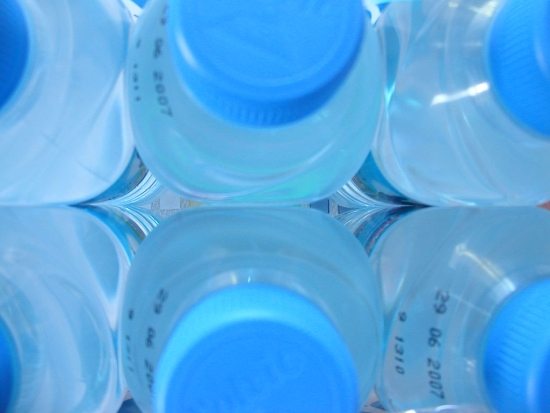The recent bout of good weather has had an astonishing effect upon the UK’s retail industry, with consumers heading to the shops in search of barbecue food, outdoor furniture and alcoholic beverages. However, soft drinks have surpassed all sales expectations– with supermarket chain Tesco set to capitalise on this situation.

In the past week, Tesco’s own brands of bottled water and cola have risen in price by 41 per cent. A 2 litre bottle of Everyday Value cola or water now costs 24 pence, which puts Tesco prices well above those offered by rival chains Sainsbury’s, Morrisons and Asda.
With temperatures hitting 30 degrees and above, soft drinks are flying off the shelves as consumers attempt to remain hydrated – triggering warnings of shortages in bottled water.
In fact, Shepley Spring brand Ice Valley has seen a 500 per cent increase in sales in the past week alone. As a result, all 2 million litres earmarked as summer stock sold out in only 3 days, with grocery stores inundating the supplier for urgent deliveries.
Furthermore, stores which the group does not normally supply to have attempted to acquire stock and water utility companies have contacted Shepley Spring’s head office requesting emergency backup supplies.
A Tesco spokesman defended the retailer’s decision to raise prices, saying; “We think four bottles of filtered water, cola or lemonade for less than a pound is very good value.”
Unfortunately, industry experts do not agree with this view. The general consensus is that Tesco’s price hike is unlikely to ingratiate the chain with consumers, especially given closest rival Sainsbury’s steadily increasing market share and the retailer’s recent involvement in the horse meat scandal.
Managing director of retail consultancy Conlumio, Neil Saunders, called the latest move from Tesco a “PR disaster waiting to happen.”
He continued; “This is not a very smart move.
“I find it quite surprising that Tesco has moved its price when competitors haven’t.
“They will not only get angry customers, if they notice, but this makes Tesco less competitive when there is a price war on in grocery.”
Although it is possible that Tesco has increased prices in a bid to ration its goods – should its competitors prove unable to restock the shelves– it is more likely that this is an attempt to increase the profit margin to post improved results at the end of the quarter.
While this would potentially be a clever marketing strategy at another time, the recent economic difficulties and the ensuing need by consumers to remain on top of their budgets means these increases are unlikely to remain unnoticed for long.
Are you a Tesco customer, and if so have the increases in price caused you to consider switching your loyalty?
Previous Post
Is it Crazy or Clever to Open a Christmas Shop in July?